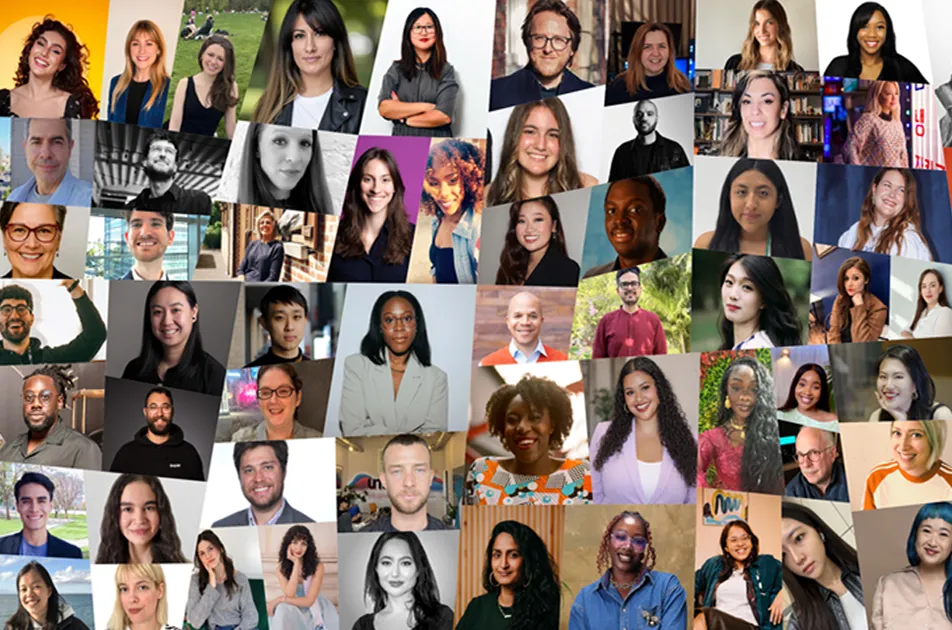(UPDATED) By David Macias, co-founder and president of Thirty Tigers.
The deal between
Clear Channel and Warner Music portends a future where the exposure via public
airwaves and public bandwidth for music will be in large part governed by the
financial relationships between media companies and larger content providers.
This will have a chilling effect on the independent music community from a
business standpoint and will increase the likelihood that most of the music that
you will hear on the public’s airwaves will be music that a corporation feels
can be commoditized.
Let’s imagine two
artists that might be under consideration for airplay by a major radio chain. The
rights holder for Artist A’s recording has a deal in which there is a business
relationship with the radio chain that includes reduced aggregate royalties across
platforms in exchange for more promotion of the act. That’s a reasonable
assumption, but one that is unprovable given the private nature of the deal
between Artist A’s label and the radio chain. Then there is Artist B, who is
independent and has no business understanding with the radio chain. If the
qualitative decision about which song would prove to be the bigger hit is not a
landslide one way or other, who do you think gets the nod? Rinse and repeat
hundreds of times over, and when the companies that have acceded to the lower combined
royalty base have grown their market share through dominating the airwaves, good
luck to the rest of you trying to make your way in the music business. And good
luck to artists trying to negotiate with one of a handful of companies who has
special access to radio outlets. For those of you who are into kicking it old
school, you’ll love a return to the one sided contracts dreamed up by the
titans of the music industry.
If you say,
that’s capitalism, I would remind you that laws have been passed and upheld
over a century to affirm the necessity for a level playing field. That’s an
American value. Capitalism thrives with competition, and the market for
pre-recorded music just got less competitive. And I respectfully suggest that
you ain’t seen nothin’ yet.
Music that is
played through digital transmission is not subject to payola statutes. As
digital alternatives to terrestrial radio continue to gain popularity, the
slight tilt of the table that just happened will gain momentum when these
“special relationships” yield more play than ever on the radio chain’s digital
properties at much lower rates than have been set by the CRB and Sound Exchange.
It wouldn’t surprise me to see other digital outlets brazenly offering
increased exposure on non-interactive streaming outlets for reduced or gratis
royalties. Wait. I think that just happened to me this week.
I don’t even have
a huge objection about the idea of the rates being set where the press is
reporting they are being set (1% for terrestrial, 3% for digital), although
others certainly will. The market, which includes the rational actors that are
Big Machine, Glassnote and Warner Music, seems to be signaling that such a deal
is in the labels’ interests. My only caveat to this, and it’s one that bears
attention, is whether these deals come with promises, implied or overt, that
acceptance of these terms gives these labels preferential treatment when it
comes to airplay while excluding other labels. If someone asks me if I’d rather
make 50 nickels or 10 dimes (metaphor alert – those aren’t the actual rates),
I’ll take the former, especially when I know that the airplay that comes from
50 spins will yield even more due to the sales that come from increased
exposure. If these deals are open to all, then I don’t have as much of a
problem with the market speaking. If these are sweetheart deals to preferred
vendors, then I do. And so should the FCC. These are the public’s airwaves, and
I thought we had answered the payola question pretty definitively, both legally
and societally. One assumes that the lawyers for both companies vetted this
with the FCC. It would be nice to hear something from them about this.
If the market is
speaking and these are the rates that are being paid out to these particular
entities, then I would suggest that we look at these rates as a starting point
for a discussion about a rate for all under a compulsory license. People who
love freedom of markets and freedom of expression should both rally in defense
of the compulsory license, which if not under outright attack, is in danger of
dying from neglect. It’s a fundamental cornerstone of our radio environment,
allowing radio the ultimate freedom to play what they want when they want, as
long as they pay the rights holders a fair royalty. When radio is financially
incentivized to play music only from certain sources, and you’re on the outside
of that, you are less likely to have a career, whether you are an artist or
working in the service of one.
I tend not to
give in to dystopian sentiments about the future of the music industry. I’m
generally pretty optimistic about the state of things. But today is a dark day
in my opinion, unless of course you’re excited about editorial access to public
airwaves and public bandwidth being for sale or unless you are making music
that is produced primarily to enhance shareholder value. If you fall into
either of those categories, congratulations.
MORE:
Clear Channel and Warner Music Make Deal For Royalties, Promotion




